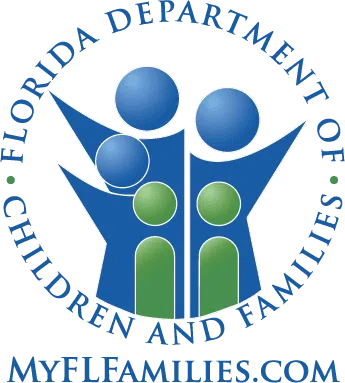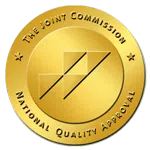
pain relievers, synthetic opioids like fentanyl, and illegal drugs such as heroin.
Nevertheless, this powerful effect results in high addiction levels and contributes to a growing opioid crisis worldwide.
Keep reading to discuss how long opioids can typically linger in your body. This info could benefit anyone looking to manage pain meds or curious about potential side effects and duration.
What Are the Types of Opioids?
There are several types of opioids, which can be classified into three major categories:
- Natural opioids: These are derived from the opium poppy plant and include morphine and codeine.
- Semi-synthetic opioids: These are created by chemically changing natural opioids and include oxycodone, hydrocodone, and hydromorphone.
- Synthetic opioids are manufactured and include fentanyl, methadone, and tramadol.
Opioid Abuse Statistics
In years, the rise of the opioid epidemic has instilled growing concern.
According to the Centers for Disease Control and Prevention (CDC), in 2019, nearly 50,000 people died from an opioid overdose in the United States alone.
The COVID-19 pandemic further exacerbated the crisis, with provisional data showing a significant increase in overdose deaths in 2020 and 2021.
Preliminary statistics for 2022 are not yet available but are expected to show a continued trend of increased opioid abuse and overdose deaths.
How Opioids Affect the Body
Upon entering the body, opioids bind to receptors present in the brain and central nervous system, provoking sensations of relaxation and euphoria while simultaneously alleviating pain.
However, opioids can also cause various side effects, such as drowsiness, constipation, nausea, and respiratory depression.
Extended use may result in physical dependence and addiction, prompting withdrawal symptoms upon cessation.
How Long Do Opioids Stay in Your System?
The duration that opioids last in your system depends on several factors, including the specific drug, dosage, frequency of use, and individual metabolism.
Generally, opioids in your system can be detected in the following timeframes:
- Blood: Up to 24 hours
- Saliva: Up to 48 hours
- Urine: Up to 3-4 days
- Hair: Up to 90 days
It’s essential to note that these are general guidelines, and the actual detection window may vary from person to person.
How is Opioid Addiction Treated?
Treatment for opioid addiction typically involves a combination of medication-assisted treatment (MAT), behavioral therapy, and support services.
Medication Assisted Treatment
MAT involves using medications like methadone, buprenorphine, or naltrexone to help clients reduce cravings and manage withdrawal.
Professional Medical
Medical detox is the process of clearing opioids from the body.
Whether someone requires an inpatient program or outpatient care can vary for a detox, dependent on the addiction’s severity and an individual’s personalized needs. The length of detox varies but typically lasts between 5 and 14 days.
During this time, medical professionals monitor the patient and may administer medications to ease withdrawal symptoms and prevent complications.
Behavioral Therapy and Support Services
After detox, individuals should engage in ongoing behavioral therapy and support services to address the underlying issues contributing to their addiction.
Cognitive-Behavioral Therapy (CBT) is an evidence-based approach that helps individuals identify and change unhelpful thoughts, feelings, and behaviors.
It also teaches people strategies to manage cravings and reduce the risk of relapse.
In addition to conventional treatments, evidence-based therapies like Dialectical Behavioral Therapy (DBT) and Contingency Management (CM) can also prove advantageous.
Additionally, group therapy and 12-Step programs can provide support and accountability to help individuals stay on track during recovery.
Relapse Prevention Programs
Relapse prevention, such as SMART Recovery or LifeRing Secular Recovery, can also offer invaluable support during the recovery process.
These programs focus on helping individuals develop coping strategies and relapse prevention plans to remain abstinent long-term.
Lifestyle Changes
Finally, research indicates that regular exercise and good nutrition positively affect physical and mental health during recovery.
In addition, engaging in meaningful activities such as volunteering, or hobbies can help reduce the risk of relapse and promote healthy habits.
By making positive lifestyle changes, individuals in recovery can develop skills and strategies to maintain sobriety over the long term.
Prevail Recovery Center Offers Opioid Treatment in Florida
Opioid addiction is a severe issue that requires immediate treatment.
At Prevail Recovery Center, we provide comprehensive care and resources to assist individuals in recovery from opioid abuse and dependence.
We offer personalized treatment plans to meet the specific needs of each client. Our program includes a family program, dual-diagnosis care, and relapse prevention services.
If you or someone you love is struggling with opioid addiction, Prevail Recovery Center can provide the support and resources needed for a successful recovery.
Contact us today for more information!




